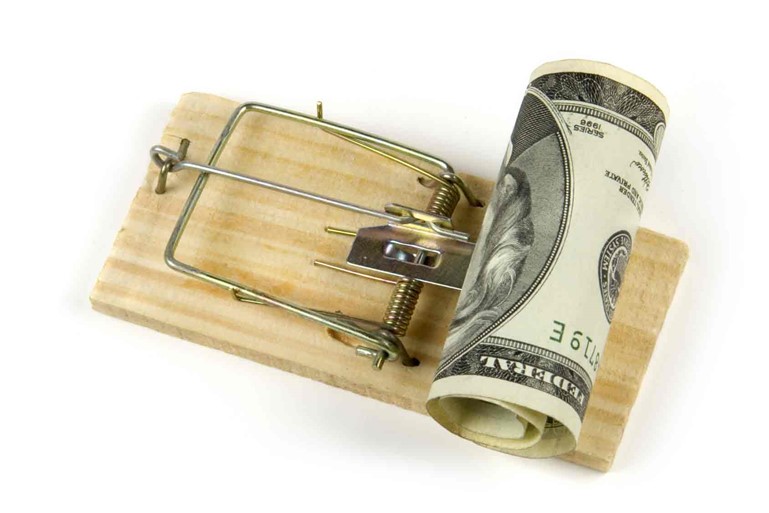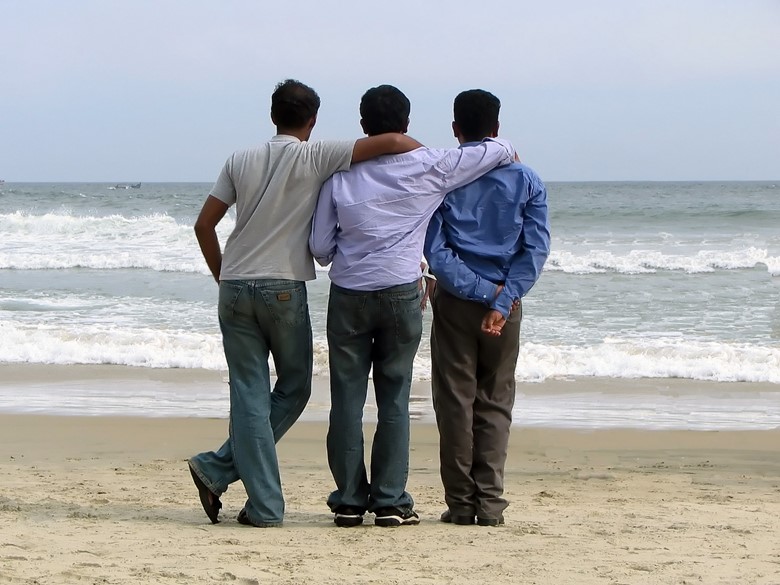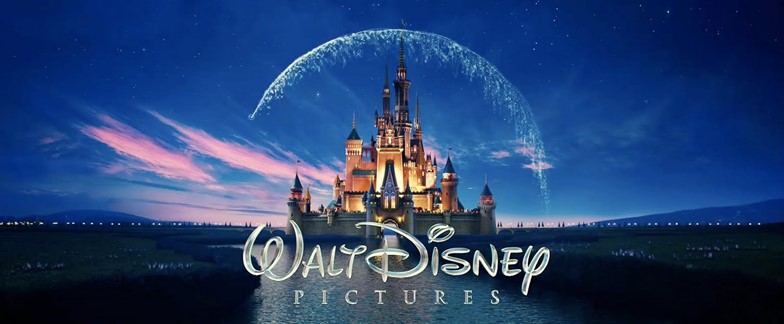Facial Accents
July 27, 2012 in Daily Bulletin

Daniel Lametti used the Olympics as an excuse to discuss how our facial expressions are in some ways contingent upon our origins:
- Broadly speaking human facial expressions do not vary across cultures. The corners of the mouth turned upwards are regarded by all as signs of happiness.
- However evidence suggest that even these basic emotions have ‘accents’ within cultures. Americans can figure out if somebody is Japanese-American or a Japanese-National by observing their facial expressions.
- Our facial expressions are also mediated by culture. In the presence of a professor while watching a horror movie Americans will exaggerate their negative expressions while Japanese will hide it with a smile.
- The most distinctive national smile seems to belong to England. They use an extra facial muscle that leads to a more polite looking smile.
To read more including the troubles we have detecting the nationality of neutral faces, an interactive game where you can play “Guess the Smile” and test your own skills, links to the studies and fuller descriptions of them, and the difference between Tom Cruise and Prince Charles, click here.
Source: Slate

















Join the Discussion! (No Signup Required)